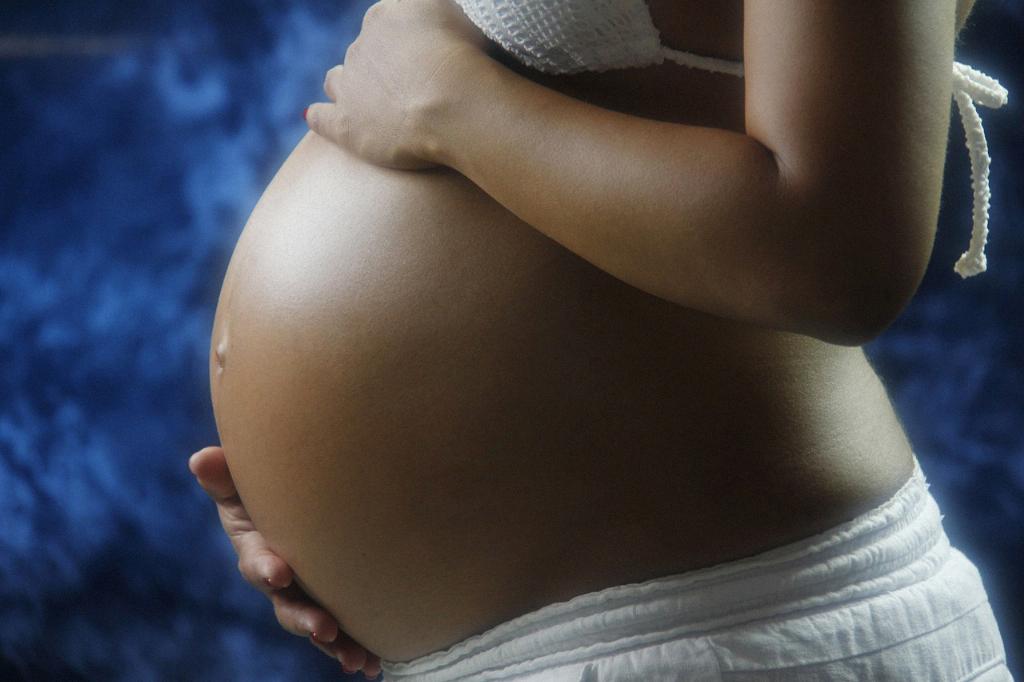As an expectant mother, it is crucial to pay attention to the cleaning products you use in your home to ensure the safety of both you and your developing baby. Certain chemicals commonly found in cleaning products can pose a risk during pregnancy. To safeguard your health and that of your baby, it’s advisable to steer clear of specific cleaning products.
Spray and aerosol cleaners should be avoided whenever possible during pregnancy. These products often contain harmful chemicals that can be inhaled or come into contact with the skin, potentially leading to adverse effects on your health and the baby’s development. Opting for alternate cleaning methods like wipes or liquid-based cleaners can help minimize exposure to harmful substances.
When selecting cleaning products, it’s essential to check the ingredients list for potentially hazardous substances. Among the chemicals to watch out for during pregnancy are alcohol, ammonia, chlorine, glycol and glycol-ethylene, sodium hydroxide (caustic soda), acrylic polymers, and terpenes. These ingredients have been linked to respiratory issues, skin irritation, and other health concerns, making them unsuitable for use by pregnant individuals.
Alcohol is a common component in cleaning products due to its disinfectant properties. However, when used during pregnancy, it can be harmful to both the mother and the developing fetus. Alcohol exposure has been associated with an increased risk of birth defects and developmental issues. To minimize these risks, it’s best to opt for alcohol-free alternatives when cleaning your home.
Ammonia is another chemical that should be avoided during pregnancy. Exposure to high levels of ammonia can irritate the respiratory system and lead to breathing difficulties. Pregnant women are particularly sensitive to these effects, so choosing cleaning products that do not contain ammonia is advisable to safeguard both maternal and fetal health.
Chlorine is a powerful disinfectant commonly found in bleach and other cleaning agents. While effective at killing germs, chlorine exposure during pregnancy can have harmful consequences. Inhaling or coming into direct contact with chlorine fumes can irritate the respiratory tract and skin, potentially leading to complications. Opting for chlorine-free cleaning products is a safer choice for expectant mothers.
Glycol and glycol-ethylene are chemicals often used in cleaning solutions and solvents. These compounds can be absorbed through inhalation or skin contact, posing risks to fetal development. Pregnant individuals should avoid products containing glycol and glycol-ethylene to reduce the likelihood of negative health effects on themselves and their unborn child.
Sodium hydroxide, also known as caustic soda, is a strong alkaline compound used in many household cleaners. While effective at breaking down grease and grime, sodium hydroxide can cause severe skin burns and eye damage upon contact. To protect yourself and your baby, it is best to avoid cleaning products containing this harsh chemical during pregnancy.
Acrylic polymers are additives commonly included in cleaning products to enhance their viscosity and performance. However, these synthetic compounds can release volatile organic compounds (VOCs) that may be harmful when inhaled. Pregnant individuals should opt for acrylic polymer-free alternatives to minimize exposure to potentially hazardous substances.
Terpenes are natural compounds derived from plants that are sometimes used in cleaning products for their pleasant scent and solvent properties. However, terpenes can react with other chemicals to form harmful substances like formaldehyde and other VOCs. Avoiding cleaning products containing terpenes is advised during pregnancy to reduce the risk of respiratory issues and other health concerns.
In conclusion, pregnant individuals should be cautious when selecting cleaning products and avoid those containing alcohol, ammonia, chlorine, glycol and glycol-ethylene, sodium hydroxide, acrylic polymers, and terpenes. By opting for safer alternatives free of these harmful chemicals, expectant mothers can protect their health and that of their developing baby from potential risks associated with exposure to toxic substances during pregnancy.

